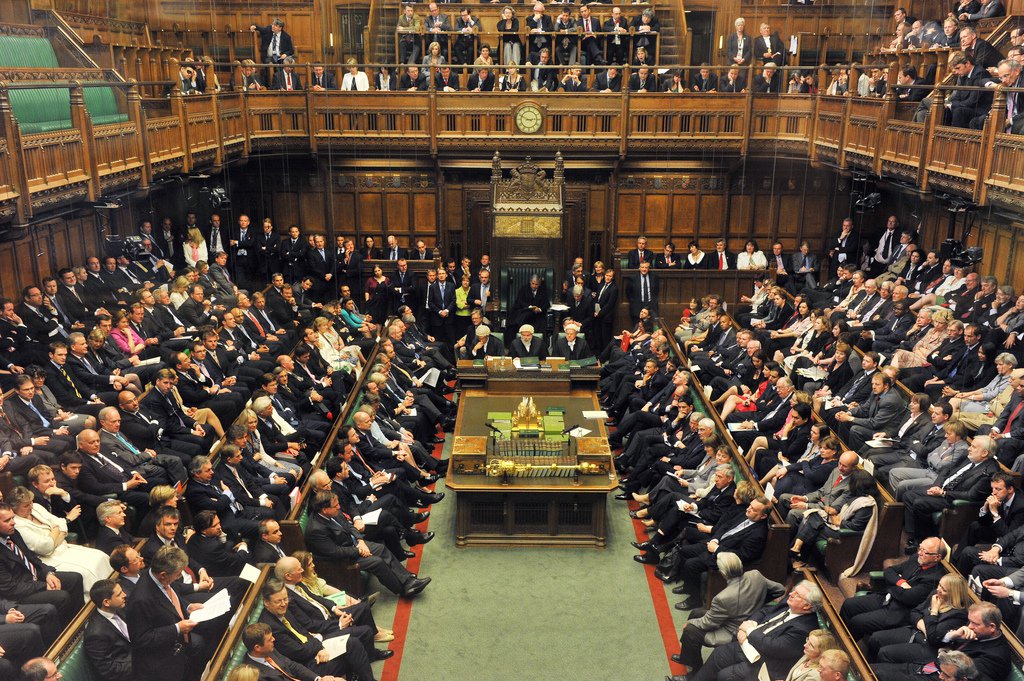The Christian Right: Pragmatism vs. Theology
The support of the Christian Coalition in these days of trial for Israel is causing a certain degree of consternation within Jewish intellectual and religious circles. The relationship between evangelicals and Jews has been an uneasy one for decades, but it appears to be solidifying as the Israeli-Palestinian conflict continues, and as Israel finds itself increasingly isolated.
While Hollywood leftists like Susan Sarandon, Ed Asner, Gloria Steinhem and Michael Lerner march in “peace protests” in New York’s Central Park denouncing Israeli policies, thousands of members of the Christian Coalition rally for Israel with strong speeches expressing devotion to Israel and demanding that the administration do nothing to harm her interests.
–break–
On the one hand, there is a certain degree of apprehension that, at some point in the not to distant future, the Jewish community will be faced with an evangelical request for “quid pro quo” – reciprocal support on such domestically charged issues as gay rights, abortion, school prayer and matters pertaining to the separation of church and state.
The second element of concern with the Christian Right has less to do with its proselytization efforts (which Jews find offensive) than with the strongly fatalistic messianic philosophy that underlies its political support for Israel.
That is, evangelicals read the Bible as though it was a huge jigsaw puzzle of prophecies, with Israel in the center. They believe that human history is following a predetermined divine script, and that they, the Jewish people and Israel are simply playing out their assigned roles “to the End of Days.” They interpret the Bible literally, and believe that the return of the Jews to their ancient homeland is a precondition to the Second Coming of Christ.
To the evangelical Christian world, David Ben-Gurion’s proclamation of Israeli statehood marked the imminent return of Jesus, who, after Israel expels the Palestinians from Judea and Sumeria (“as enemies of the modern State of Israel, they are enemies of God and servants of Satan”) and rebuilds God’s Temple in Jerusalem will descend from heaven during the apocalyptic Battle of Armageddon and subdue all Israel’s enemies.
After his return (or “Second Coming”), according to their interpretation of Christian scriptures, a thousand year reign of peace will dawn, centered in Jerusalem. But, before that happens, two-thirds of Israeli Jewry (world Jewry, by then, having made aliyah to Israel) will have died in the final conflict, and the remaining third will convert to Christianity in the aftermath of Armageddon.
Viewed from this perspective, many Jews look with cynicism upon the motives behind evangelical efforts to finance Jewish aliyah from Eastern Europe, Ethiopia, Argentina, and from the four corners of the earth given that the ultimate goal is to facilitate “the ingathering of the exiles” as a pre-condition to Armageddon and subsequent conversion.
The mere mention of a future Jewish catastrophe exceeding the destruction wrought by the Holocaust is anathema to Jews. As a consequence, many Jews see Christian evangelicalism as a threat despite its pro-Israel advocacy.
Yet, there is a case to be made for this “alliance” based upon real politik – the fact that the pro-Israel tilt of this administration is due far more to the power of the Christian conservative community than to anything the American Jewish community has done.
Furthermore, joining with the evangelical Christian community in supporting Israel does not mean that the Jewish community accepts the evangelical interpretation of the “End of Daysâ€; nor is it now compelled to give a “green light” to other significant domestic issues upon which we do not agree. That simply isn’t going to happen, and the evangelical Christian community knows it.
American Jews should also be aware of the fact that, whatever the philosophical position of the evangelical right, polls indicate that more than 50% of evangelicals say they support Israel because it is a democracy and an important ally of the United States in the war against terrorism. The poll taken by Stand for Israel, a project of the International Fellowship of Christians and Jews, indicates that only 35% of evangelicals support Israel for the theological reasons listed above, while two-thirds (67%) of evangelical Christians say they support Israeli actions against Palestinian terrorism, compared with 54% of the general population.
Menachem Begin, when he was prime minister of Israel, placed “pragmatism over theology” and forged strong alliances with the evangelicals, noting that, whatever their reasons, they were among Israel’s largest and most loyal supporters.
Today, too, even when threats of terrorism force cancellations of American Jewish missions to Israel, evangelical Christians show their faith by following through on their pilgrimages to the Holy Land.
Like it or not, the Christian Coalition and its millions of faithful followers have been better friends to Israel than many Jews have been. In the last 50 years, Israel has needed all the friends it could get, and evangelicals have been loyal and productive supporters albeit the fact that their motivation differs widely from our own.
Fact is, when the chips are down, we should be grateful to those who choose to make common cause with us regardless of the other issues upon which we may disagree.
As Abe Foxman, the national head of the Anti-Defamation League so aptly put it: “post-messianic era questions should best be sorted out in the post-messianic era, but not now,” or, as Golda Meir pragmatically commented in her autobiography, she would be prepared to sell Israeli weapons systems to unfriendly countries, if such sales were necessary to ensure Israel’s survival.



